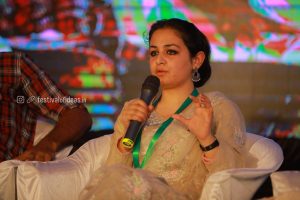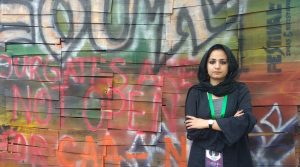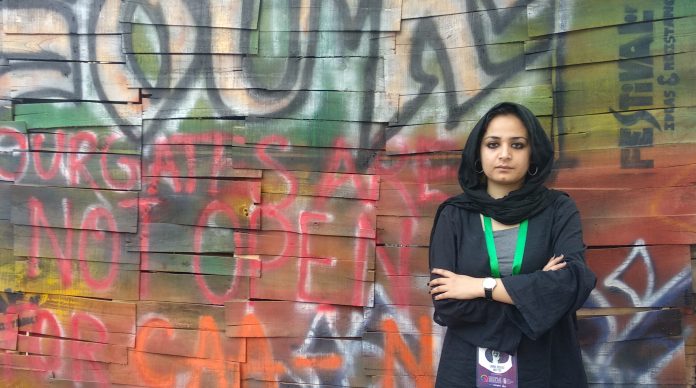Najiya O, Twocircles.net
It has been more than five months since the revoking of the Article 370 and the bifurcation of the state of Jammu and Kashmir into the Union Territories of Jammu & Kashmir and Ladakh. Kashmiri journalist Sanna Irshad Mattoo spoke to TwoCircles.net about Kashmir, working as a journalist there and other things in a recent conversation.

However, internet shutdown is nothing new for Kashmir. It has been there whenever there was an unrest, only that this is the first time that the shutdown is continuing for more than five months.
Working in the troubled atmosphere surrounded by the armed forces and conflict is not an easy task. But how was the Muslim woman photojournalist received by the people? “It all depends on how you approach, the sensitivity with (which) you approach the people. People do acknowledge, though this might be a new thing. They respect your work. (And) in some cases, there is more accessibility especially when related to women.”
Known as one of the most beautiful places on earth, Kashmir attracts a lot of tourists. Sanna had, in a programme she attended recently, pointed towards the glorification of Kashmir’s natural beauty in Bollywood and media while ignoring the life of Kashmiris. While speaking to TCN, Sanna pointed out that when the Article 370 was revoked, it was the peak tourist season in Kashmir; tourists and Amarnath pilgrims were asked to vacate, but without considering the people associated with tourism.

Sanna has been very much interested in photography since a young age, and chose the field of journalism when she grew up. In her own words, she “saw what was happening around and realized what things mattered” which helped her make up her mind when she grew up. ‘I always felt that words fail to communicate, but pictures have that potential (to communicate).’ However, Sanna also used to write poems but “not very often”.
She had a specialization in AV production during her time at the university. ‘The Lake Town’, a documentary that she directed as part of her post-graduation project was screened at the Mumbai International Film Festival in 2018. It was awarded the prize for the best film at the Kashmir World Film Festival in 2017. Another documentary by her on the trauma of a grave-digger was one of the 14 art forms from Kashmir screened at the Kochi-Muziris Biennale in December 2018 in Kerala.

